|

by
CDTEliot
September 24, 2024
from
Perplexity Website
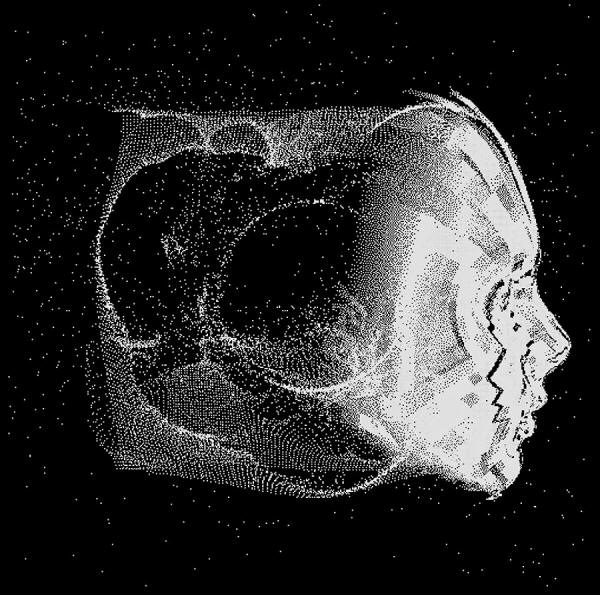
The concept of living in a simulated reality,
once confined to science fiction, has gained traction among
philosophers, scientists, and technologists, with some proposing
that our universe could be an elaborate computer simulation created
by an advanced civilization or artificial intelligence.
As reported by Earth.com, this intriguing
hypothesis, known as
the Simulation Theory, challenges
our understanding of existence and raises profound questions about
the nature of reality and consciousness.
Simulation Theory
Explained
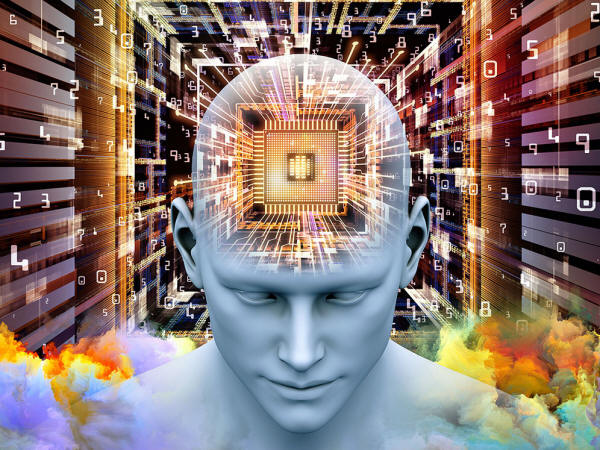
Let's pretend for a moment that all the items that surround you,
such as your favorite couch, your neighbor mowing the lawn, and even
your most cherished memories are a part of a mastermind simulation.
And, instead of existing in a physical universe,
you're living inside a reality you are living in a world developed
by AI.
1,
2
Welcome to the Simulation Theory, which has been discoursed
by some of the greatest minds in history.
Over the years, philosophers, scientists, and
technologists have played with the idea that we could be living in a
simulation created by the most powerful and advanced computer one
could ever imagine.
3,
4
Yes, this does sound like pure fiction, but the Simulation Theory
has been seriously considered in recent years, especially as
advances in AI have become a mainstay.
5,
6
Could it be that we're living in someone else's
AI-dreamed reality?
The following will dive deeper into this
possibility.
Origins of
Simulation Theory
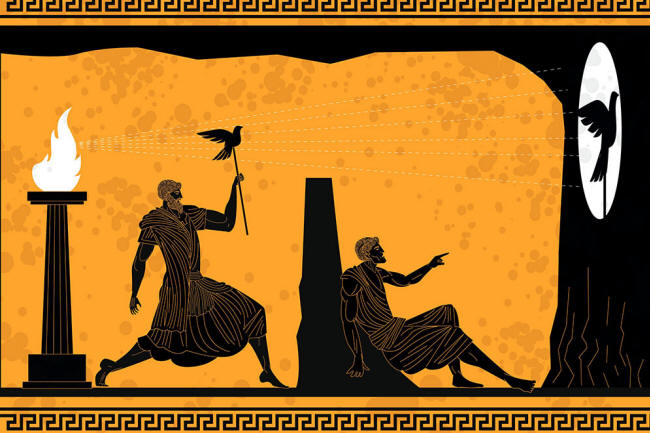
It all began when ancient philosophers including
Plato raised whether humanity was living in such a world.
He wrote about it in
The Allegory of the Cave, where
humans might only be experiencing and seeing shadows of reality.
7
Then, Nick Bostrom of Oxford University formalized and named
the Simulation Theory, one that is based in the modern world. In
2003, he wrote a paper that was entitled "Are
You Living in a Computer Simulation?"
Within its bases, he proposed that if human
beings become able to simulate full universes, it could be that
humanity is living in one as well.
The logic behind this idea is that if we can
develop simulated worlds that include real, conscious beings, then
it could be more than possible that in the universe there exist
other simulated realities beyond the original "base" reality.
The odds for human beings and the universe we
enjoy today being THE base reality, in this case, would be
minuscule.
Is AI the Beginning of Our Full
Understanding of Existence?
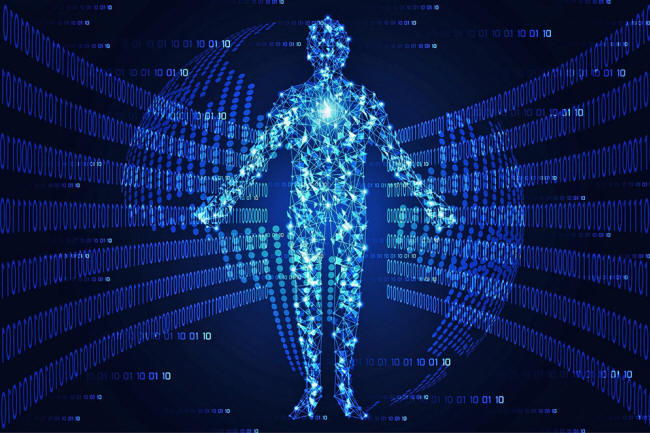
All of a sudden, AI is everywhere and the idea of human beings
playing with simulations is becoming more and more plausible each
day.
So far, AI is doing a great job of generating
lifelike environments that live in the digital World. This includes
generating realistic characters and even simulating hard-to-fathom
concepts found in science, art, and gaming.
In the coming years, imagine where these developments will be!
Do you think it's a stretch to consider that as a
growing number of AI geniuses are born, they won't figure out a way
to develop an entire universe?
Experts posit that they may be able to also
generate conscious minds that can think for themselves.
8
While AI would be responsible for creating these worlds and
environments, to some degree it would control the behavior of every
"non-player character" (meaning every conscious being that it
created) that lives within the simulation.
In this case, we're talking ecosystems, the
weather, animals, birds, and other pieces of the AI-generated
universe.
AI wouldn't simply create and run the simulation,
but it would be THE essence of all consciousness.
9,
10
Does Science Support This Theory?
A growing number of scientists and tech experts do believe there is
concrete evidence for the Simulation Theory, including:
The Digital Nature of Reality as We Know
It
When we look at the quantum level, reality responds to the
universe in discrete units, much as pixels in a digital image
do.
This suggests that particles can only "exist"
if they are observed.
Much like video games, they offer
environments that only operate when someone is playing. Stop
playing, and it will be waiting in the same spot when you come
back.
Some physicists think that the universe tends to operate in the
same way and under similar principles.
In a computer simulation, energy is only used
when and where there's a need.
11
Mathematics and How It Correlates to the
Universe
When you take a deep dive into the nature of the universe, it
becomes clear that math is behind it all.
It helps us understand the orbits of planets,
the way particles work and relate to the universe, and so much
more. It even proves that our universe is so beautifully
ordered.
Mathematical rules can be applied to
everything we are experiencing on planet Earth and beyond.
Could this be because the rules were coded
within a simulation by an advanced being?
12
Computational Power May Be a Factor
As AI evolves and becomes more powerful, it's important to
understand that there are limits where computing capacity is
concerned.
In the same way, some tech experts are
positing that our universe, while expansive, may indeed be a
finite system that operates much like a computer that sometimes
takes advantage of shortcuts (such as not making all parts of
the universe observable) so that it can save processing power.
13
The Mandela Effect
A part of being human is that we tend to all have our unique
versions of history and sometimes remember it differently than
historians have officially recorded.
Could this be a glitch in the simulation
that's running our universe?
Much like a bug in a computer program, maybe
the code changes weren't integrated the way they were supposed
to.
That's the core of the
Mandela Effect, which some
have pointed to as important to consider while assessing whether
we live in a simulation.
14
Can We Detect a
Simulation?
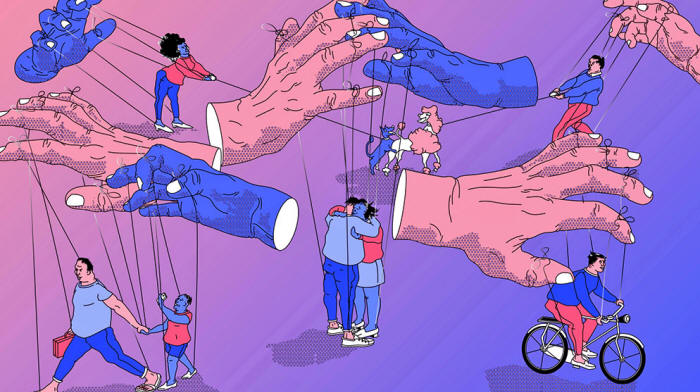
If we are indeed living in a universe that is a simulation,
is it possible for us to prove it?
This is a very tricky question.
Because we live in a perfectly designed universe,
the tools we would use to measure it would have to be a part of our
simulation.
Some scientists are working day and night to find
ways to detect anomalies in the simulation and even 'break" the
simulation altogether.
To make this happen, one would have to find
computational limitations within the universe as we know it. If
these glitches can be identified, then it would reveal
irregularities in nature.
For example,
physicists have suggested that such glitches
could show up as irregularities in the cosmic microwave
background radiation or as some phenomena in particle physics
that can't be explained.
15
And then there's Elon Musk and Neil
deGrasse Tyson who believe that AI and virtual reality techs can
become so powerful that we can create our own versions of
simulations and prove Bostrom's theory.
If we can do it, more than likely we're living in
a simulated reality.
16
The Existential and Ethical
Implications of This Theory
If we humans are living inside an AI-generated simulation, there are
some pretty serious ethical and existential questions we have to
face.
First and foremost, it challenges the
understanding we've had all along about
free will...
If our universe is being run by advanced AI,
Could it be possible that our thoughts aren't
our own?
Have they been programmed by the system that
has created the simulation?
Could our emotions, choices, and sense of
identity be pre-programmed algorithms?
Maybe the scariest question of them all is
who, and what, is the creator of our simulation?
Could it be that an advanced civilization is
testing out various scenarios?
Or creepily, maybe it's AI that is so far
beyond our understanding that we're all viewed as experimental
data that doesn't really matter in the long run. What does this
mean for our purpose as beings?
Does it devalue our experiences?
Or, does it make them more precious than we
ever imagined?
Reading this article may most likely put you in
one of two camps:
-
You are deeply unsettled, and you
feel a sudden lack of control over your own life
-
All of a sudden your mind is opening
up two pretty exciting possibilities.
What if understanding the simulation could
give us the power to bend its rules and open up experiences we
never deemed possible?
What if this could mean being reunited with
those you've lost?
Or, traveling to different times in history?
Or, experiencing new galaxies?
Conclusion: Are We in an
AI-Created Reality?
The
AI Simulation Theory is indeed
a radical way of looking at reality as we know it.
It's both terrifying and exciting...
The truth is, there is no way we can prove or
disprove the theory. However, acknowledging that it may be our truth
forces us to completely reconsider what we think about existence.
Come to think of it, when looking at Genesis
in the bible, it may feel a bit like a master simulator going about
setting the stage for his or her simulation:
"In the beginning, God created the heavens
and the earth. Now the earth was formless and empty, darkness
was over the surface of the deep, and the Spirit of God was
hovering over the waters.
And God said,
'Let there be light,' and there was
light.
God saw the light was good, and he separated
the light from darkness he called 'night,' and there was
evening, and there was morning - the first day."
Mic drop...
Could this be the very first
text-to-reality generative AI prompt that led to the
creation of the world as we know it?
The answer is, there is no way to know for
sure.
Regardless, this universe is both an exquisite
and a sometimes terrifying challenge for us all. It's safe to say
that what matters most is our experiences.
And just possibly, if this is a simulation, it
will prove that above all things the way we all care for and love
each other made the experiment worth it after all.
16,
17
|






